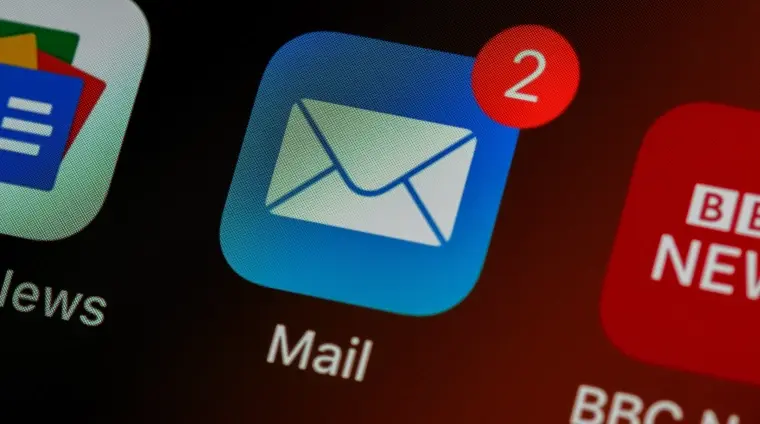It looks like you have landed on a page that no longer exists.
We are happy to help you find your way back:

Most recent articles
Creating a Successful Digital Marketing Strategy
11 June 2024
Knowledge base
- Advertising
- Budgeting
- Career Development
- Case Studies
- Consulting
- Content marketing
- Corporate Responsibility
- CRO (conversion rate optimization)
- Digital Marketing Skills
- Education and Training
- Email Marketing
- Influencer Marketing
- Metrics and Analytics
- Mobile Marketing
- Personal Development
- Remote Work
- SEO (search Engine Optimization)
- Social Media Marketing
- Strategy
- Tools and Technology
- Understanding Roles












